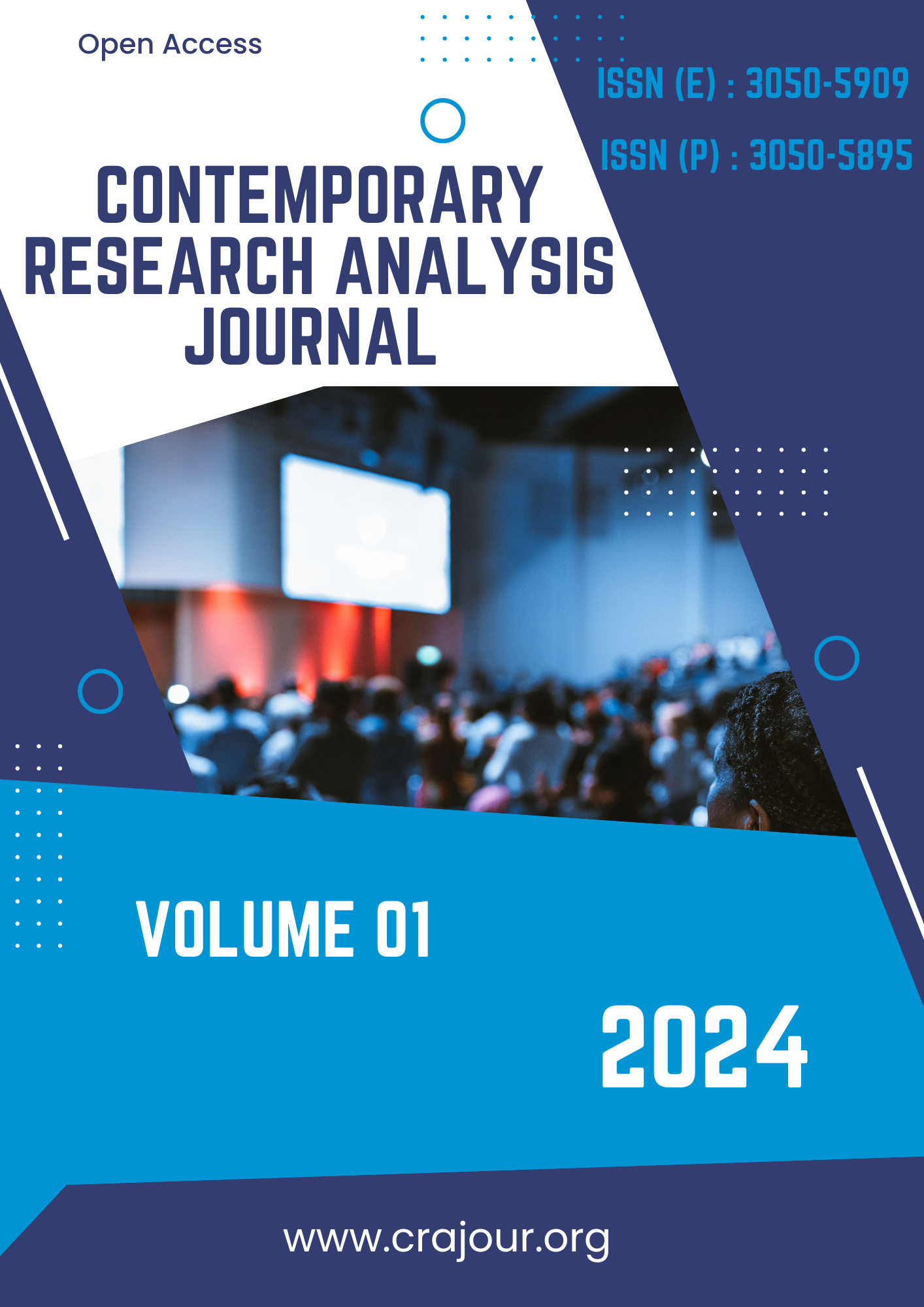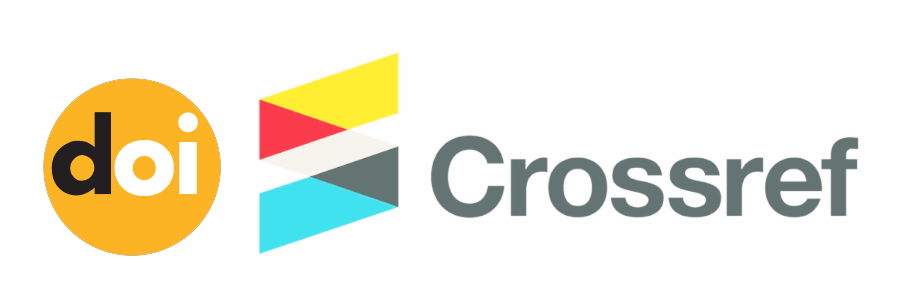Evaluating the Implementation and Impact of Fee-Free Education Policy in Temeke Municipality: Challenges and Opportunities
DOI:
https://doi.org/10.55677/CRAJ/05-2024-Vol01I6Keywords:
Fee-Free Education, Access to Education, Educational Quality, Policy Implementation, Resource Allocation, Parental Involvement, Temeke Municipality, TanzaniaAbstract
This study examines the implementation and impact of the fee-free education policy in Temeke Municipality, Tanzania, with a focus on its influence on access, quality, and equity in primary education. Guided by the Classical Liberal Theory of Equal Opportunity, Interactionism Theory, and Human Capital Theory, the study employs a mixed-methods approach to gather data from 201 participants, including head teachers, teachers, parents, and students. The findings reveal that while the policy has significantly increased enrollment and reduced dropout rates, its success is hindered by systemic challenges such as resource shortages, overcrowded classrooms, insufficient teacher training, and delayed funding. Additionally, limited parental involvement and inadequate stakeholder collaboration impede the delivery of quality education. The study underscores the need for increased funding, teacher capacity-building, and infrastructure development to address these challenges. It also highlights the importance of structured parental engagement and robust monitoring systems to ensure policy effectiveness. The findings contribute to the discourse on educational reform, providing practical recommendations to bridge the gap between policy intentions and outcomes.
References
Adan, M., & Orodho, J. A. (2015). Constraints of implementing free secondary education in Kenya. Journal of Education Policy, 24(3), 45–58.
Atuhurra, J. (2016). Assessing learning impacts of free primary education in Kenya. International Journal of Educational Development, 36, 100–112.
Becker, G. S. (1994). Human capital: A theoretical and empirical analysis, with special reference to education (3rd ed.). University of Chicago Press.
Blumer, H. (1969). Symbolic interactionism: Perspective and method. Prentice-Hall.
Gonzales, J. D. (2001). The role of education in promoting equality and equity: A Classical Liberal Theory perspective. Journal of Education Policy and Practice, 12(4), 45–62.
Kamper, G. D., & Mampuru, D. (2007). Challenges in the implementation of free primary education in underprivileged communities. African Journal of Educational Research, 15(2), 25–40.
Kamanzi, A. (2013). Challenges of education policy reforms in sub-Saharan Africa: Evidence from Kenya and Rwanda. Education and Development Studies, 19(1), 59–72.
Lazaro, M., & Matiku, J. (2022). Barriers to effective implementation of free primary education policies in Tanzania: A systematic review. Tanzanian Journal of Education Research, 8(2), 15–25.
Lucumay, J. A., & Matete, A. (2024). Challenges in implementing fee-free education policy in Tanzania. African Journal of Educational Studies, 15(2), 120–135.
Marwa, E. M. (2019). Effects of fee-free policy on public secondary education in Tanzania. Journal of Educational Management, 7(4), 54–68.
Masabo, S., Chacha, G., & Mwinuka, A. (2017). Parental engagement and student success in Tanzanian primary schools: An empirical study. Education and Society, 15(3), 67–83.
Mead, G. H. (1934). Mind, self, and society: From the standpoint of a social behaviorist. University of Chicago Press.
Oyeniran, O. S., & Uwamahoro, J. (2017). The impact of free primary education on learning outcomes in rural China. Asian Journal of Education Studies, 5(1), 45–61.
Robinson, V., & Judge, A. (2007). Leadership and management of change in schools: An empirical study. Educational Management Administration & Leadership, 35(1), 117–132. https://doi.org/10.1177/1741143207071384
Senkoro, F. S. (2020). Exploring the role of parental involvement in primary education under Tanzania’s fee-free education policy. Tanzania Educational Review Journal, 13(1), 32–48.
Shukia, N. R. (2020). Hidden costs of education: The overlooked challenges of Tanzania’s fee-free policy. Tanzanian Journal of Development Studies, 18(3), 48–61.
UNESCO. (2016). Education for all: Global monitoring report 2015. United Nations Educational, Scientific and Cultural Organization.
URT (United Republic of Tanzania). (2001). Education sector development program: Primary education development plan (2002–2006). Ministry of Education and Vocational Training.
Vavrus, F., & Moshi, G. (2009). The impact of education policy reforms on school outcomes in Tanzania: A critical analysis. Comparative Education Review, 53(4), 503–528.
Williams, T., Namara, G., & Nyirenda, P. (2015). Hidden costs of schooling: The impact on education in Rwanda. Social Sciences in Education, 32(1), 89–104.
Downloads
Published
Issue
Section
License
Copyright (c) 2024 Contemporary Research Analysis Journal

This work is licensed under a Creative Commons Attribution 4.0 International License.



